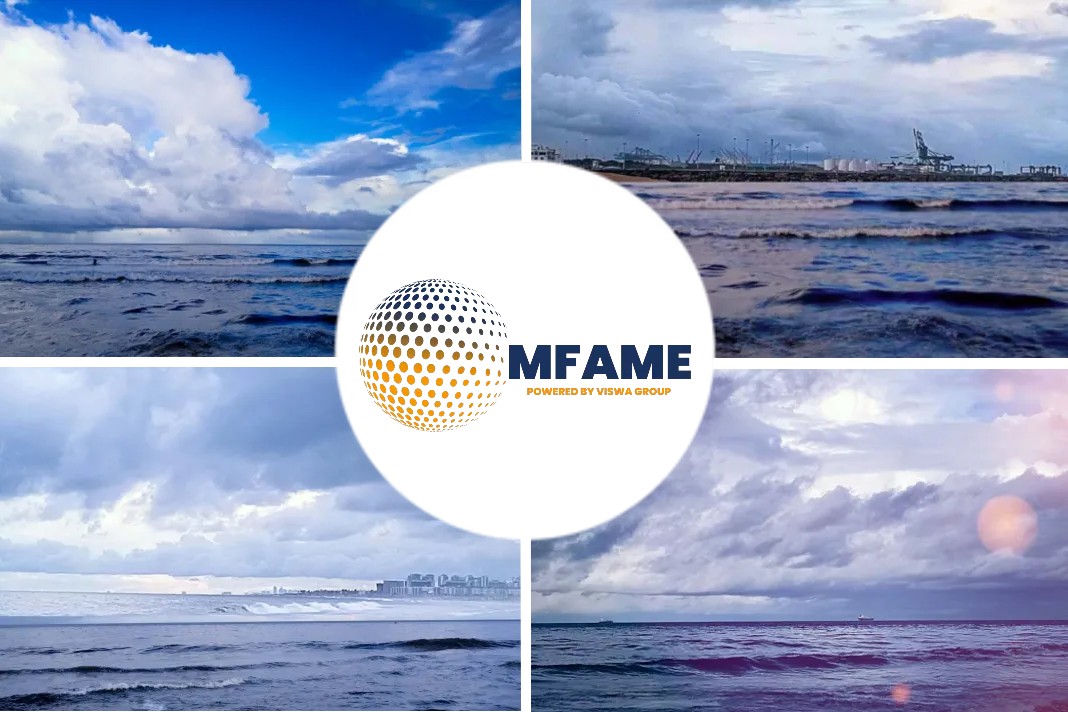
The technology to capture CO2 on tankers is understood and widely available, but capturing and liquefying CO2 would require a significant amount of space and absorb cargo-carrying capacity unless discharged efficiently.
Offloading Liquified CO2
Under a scheme being developed by the Global Centre for Maritime Decarbonisation (GCMD), offloading liquefied CO2 (LCO2) could take place alongside concurrent cargo and/or bunkering operations. GCMD has initiated a concept study that will address safety and operational considerations surrounding offloading LCO2 that has been captured on board tankers, bulkers and container liners, including articulating the temperatures and pressures under which this process would optimally take place and the different receptacles to be used for this purpose.
GCMD has awarded its concept study on offloading LCO2 captured on board ships to Lloyd’s Register (LR), supported by its partner Arup. The adoption of the concept bridges a gap in the LCO2 supply chain. Currently, there are no guidelines for offloading captured CO2 and the findings of the study will form a basis to enable sea trials in Phase 3 of the project Realizing Maritime Carbon Capture to demonstrate the Ability to Lower Emissions (REMARKABLE).
End To End Demonstration
One of the world’s largest end-to-end demonstrations of shipboard CO2 capture at scale, Project REMARCCABLE is a 500-hour pilot that will use a non-proprietary amine-based solution, aiming to demonstrate 30% annual CO2 emissions reduction or 1,300 kg per hour of CO2, store 375 tonnes of LCO2 onboard, and offload LCO2 after 10 days of sailing.On awarding the concept study to Lloyd’s Register, GCMD chief executive Professor Lynn Loo said, “We are pleased to be working with Lloyd’s Register on this LCO2 offloading concept study. The learnings from this study will inform how captured CO2 can be offloaded from various vessel types in general, and enable the sea trials on Stena Impero that are being planned as part of Project REMARCCABLE more specifically.”
On being successfully awarded the Invitation-for-Proposal, Lloyd’s Register chief executive Nick Brown said, “Conducting this concept study for the Global Centre for Maritime Decarbonisation will deliver greater industry understanding around the safety and operational issues that need addressing for offloading captured LCO2 from vessels. This study, in collaboration with stakeholders from across the maritime value chain,…”
Did you subscribe to our daily Newsletter?
It’s Free! Click here to Subscribe!
Source: Rivieramm















